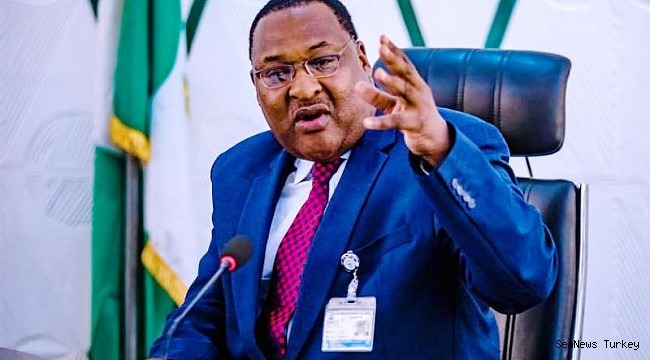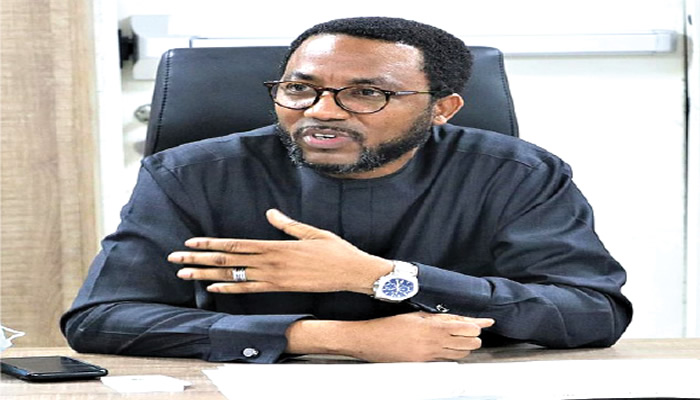Port Of Antwerp Partners Nigeria Shippers Council On Training

The Management of the Port of Antwerp on Thursday offered training and consultancy opportunity on port efficiency to the Nigerian Shippers’ Council (NSC).
Manager, Port Projects, Port of Antwerp International, Mr Philippe Droesbeke, made this offer during a courtesy visit to the council in Lagos, noting that the opportunity would ensure Nigerian ports were modernised.
The Port of Antwerp is the port of the City of Antwerp, located in Flanders (Belgium), mainly in the province of Antwerp but also partially in the province of East Flanders.
It is a seaport in the heart of Europe accessible to capesize ships, reputed as Europe’s second-largest seaport after Rotterdam.
Droesbeke said the port’s management was offering its experience and partnership to Nigerian institutions, organisations and companies in the maritime sector.
“We have a long lasting history in the Port of Antwerp and we are here to offer our experience and partnership with Nigerian institutions, organisations and companies in the maritime sector.
“We have a very good reference for cold chain, especially with perishables that will be offered for export,” he said.
He noted that multimodality was an approach Nigeria should adopt as solution to congestion at Nigerian ports, urging the country to shift from the road to other modalities such as barges.
Droesbeke said The Port of Antwerp had the capacity of 140 million tonnes of cargo in a year due to its multimodal approach.
He explained that trains had 50 per cent, barges 40 per cent and trucks 10 per cent.
He urged the country to invest in its port, adding that with the steady growth in cargo flow, there was need to acquire the right equipment to achieve efficiency.
Responding, Mr Hassan Bello, Executive Secretary, NSC, pointed out that the council was always interested in interconnectivity and having the countriy’s dry ports meet international expectations.
“We need to know how the dry port will look like in Nigeria economy, especially for our exports, as we want to make them export centres and the infrastructure that is necessary to make them full port.
“If they are port of destination or origin, they have to be well equipped with rail. We have one operating in Kaduna but the rail capacity is not anything to be proud of.
“There are others things that must be incorporated like consolidation centres, stripping of containers, warehousing, companies that processes and add value to agricultural products and also packaging companies.
“These and so many other things are areas in which we may have interest and we will study the course and discuss on the concept that needs to be adopted,” Bello said.
He added that Nigeria wanted a modern port, and so needed to start right from the beginning to have the indices that would ensure the country would not face the same challenges with previous ports.
Also speaking during the courtesy visit, the Executive Secretary, Nigerian-Belgian Chamber of Commerce in Lagos, Paulette Van Trier, expressed delight at the meeting, saying that the chamber had been working assiduously to improve trade between both countries.
“We are trying to ensure produce to the ports is timely so that the goods can get to the international market and spread all around the world.
“We hope that we can work together, have a positive partnership, and improve exports from Nigeria, thanks to Shippers’ Council.
“As a chamber, we are not asking for money. We just want farmers and other exporters to know how the process is done globally.
“We are providing Nigerians with examples via teachings and trainings to make people aware of global best standards and practices. NAN







